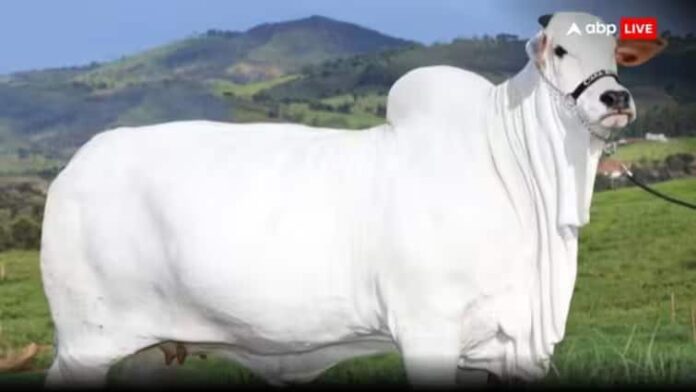Denmark Cow Tax: Denmark has decided to tax livestock farmers for the greenhouse gases emitted by their cows, sheep and pigs from the year 2030. Denmark will be the first country to do so and levy carbon tax on animals.
In fact, Denmark is a major dairy and pork exporter. Agriculture is the biggest source of the country’s emissions. Agriculture Minister Jeppe Bruce said the Danish government aims to reduce greenhouse gas emissions by 70% from 1990 levels by 2030.
Livestock contributes 32 percent to methane emissions
Less well-known than carbon dioxide, methane traps about 87 times more heat over a 20-year period, according to the US National Oceanic and Atmospheric Administration. According to a United Nations report, livestock contributes about 32 per cent of human-caused methane emissions.
what the researchers say
According to a report in The Guardian, researchers have put a surprising amount of effort into investigating the links between animal flatulence and the Earth’s climate. According to Concito, a Danish green think tank, Danish dairy cows, which make up a large portion of the cattle population, emit 5.6 tonnes of CO2-equivalent per year.
A cow can produce up to 200 kilograms of methane gas
A cow can produce up to 200 kilograms of methane gas per year, which is produced mainly through burping. Some gas is also produced through dung. A typical Danish cow emits 6 metric tons (6.6 tons) of CO2 equivalent per year.
How much tax will be charged?
The tax will be 300 kroner ($43) per tonne (1.1 tonnes) of CO2-equivalent emissions from livestock from 2030, rising to 750 kroner ($107) in 2035. A 60 percent tax exemption will apply, meaning farmers will pay a tax of 120 kroner ($17) per tonne of livestock emissions per year from 2030, rising to 300 kroner ($43) in 2035.
Read this also- Viatina-19: Why is the world’s most expensive cow in the news? It is related to India. You will be shocked to know its price!
